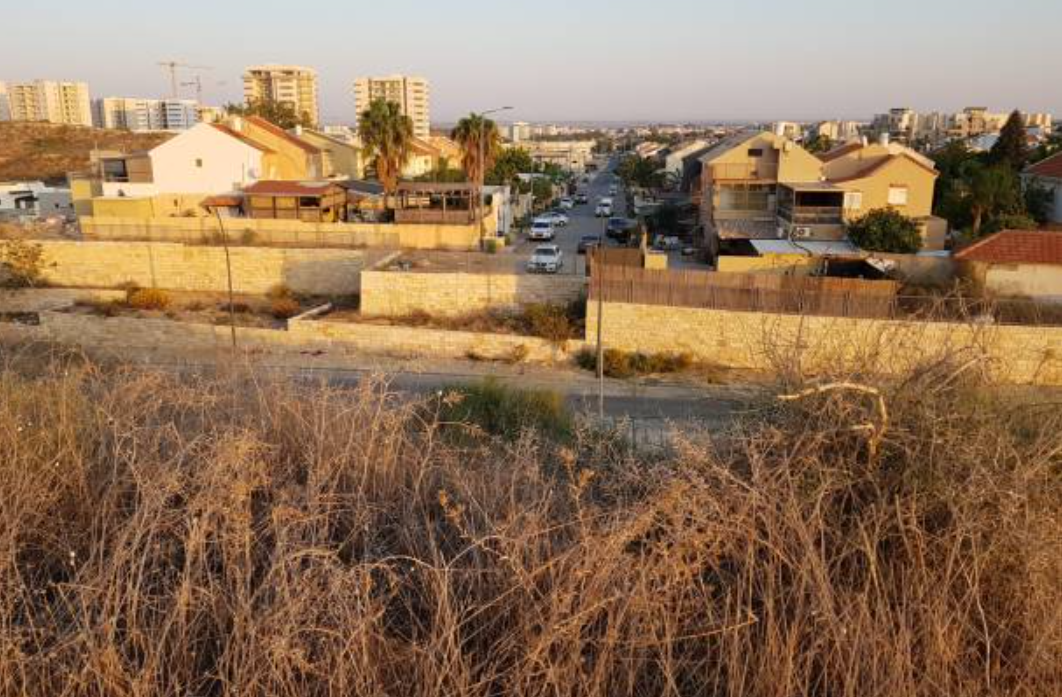The United States has indicated its potential backing for a resolution at the United Nations Security Council aimed at increasing humanitarian aid to Gaza.
The announcement followed extensive negotiations that, at times, jeopardized the resolution’s passage.
US Ambassador to the UN, Linda Thomas-Greenfield, conveyed on Thursday in New York, “We have worked hard and diligently over the past week with the Emiratis, with others, with Egypt, to come up with a resolution that we can support. And we do have that resolution now. We’re ready to vote on it.”
While details of the proposal were not extensively disclosed, Thomas-Greenfield emphasized that it would bring humanitarian assistance to those in need, signaling the US’s readiness to support it in its current form. A potential vote on the resolution is anticipated to take place on Friday.
The recent draft of the resolution encountered hurdles, particularly related to the wording of a cease-fire. In response to the strong United States opposition, the latest version refers to “creating the conditions for a sustained cessation of hostilities. (https://www.mdconnected.ca/) ” The voting on this resolution has faced multiple delays throughout the week.
United States Policy in the Israel-Gaza Conflict

The backdrop to these diplomatic maneuvers is the mounting pressure on Israel to de-escalate the conflict in Gaza, initiated by Hamas’s October 7 assault on Israel, resulting in the loss of 1,200 lives. According to the Hamas-run health ministry, over 20,000 people have been killed in Gaza since then.
While the United States has consistently supported Israel’s right to self-defense, recent statements from American officials, including President Joe Biden and Secretary of State Antony Blinken, have urged a reconsideration of Israel’s approach.
President Biden, at a recent fundraiser, warned that Israel’s stance on a two-state solution for Palestinians could erode international support for its military campaign against Hamas.
Additionally, Secretary Blinken called for the conflict to move to a lower-intensity phase, emphasizing the need for diplomatic solutions.
The evolving situation indicates a delicate balance in United States policy as it navigates its support for Israel while seeking a resolution that addresses humanitarian concerns in Gaza.


Comments are closed.